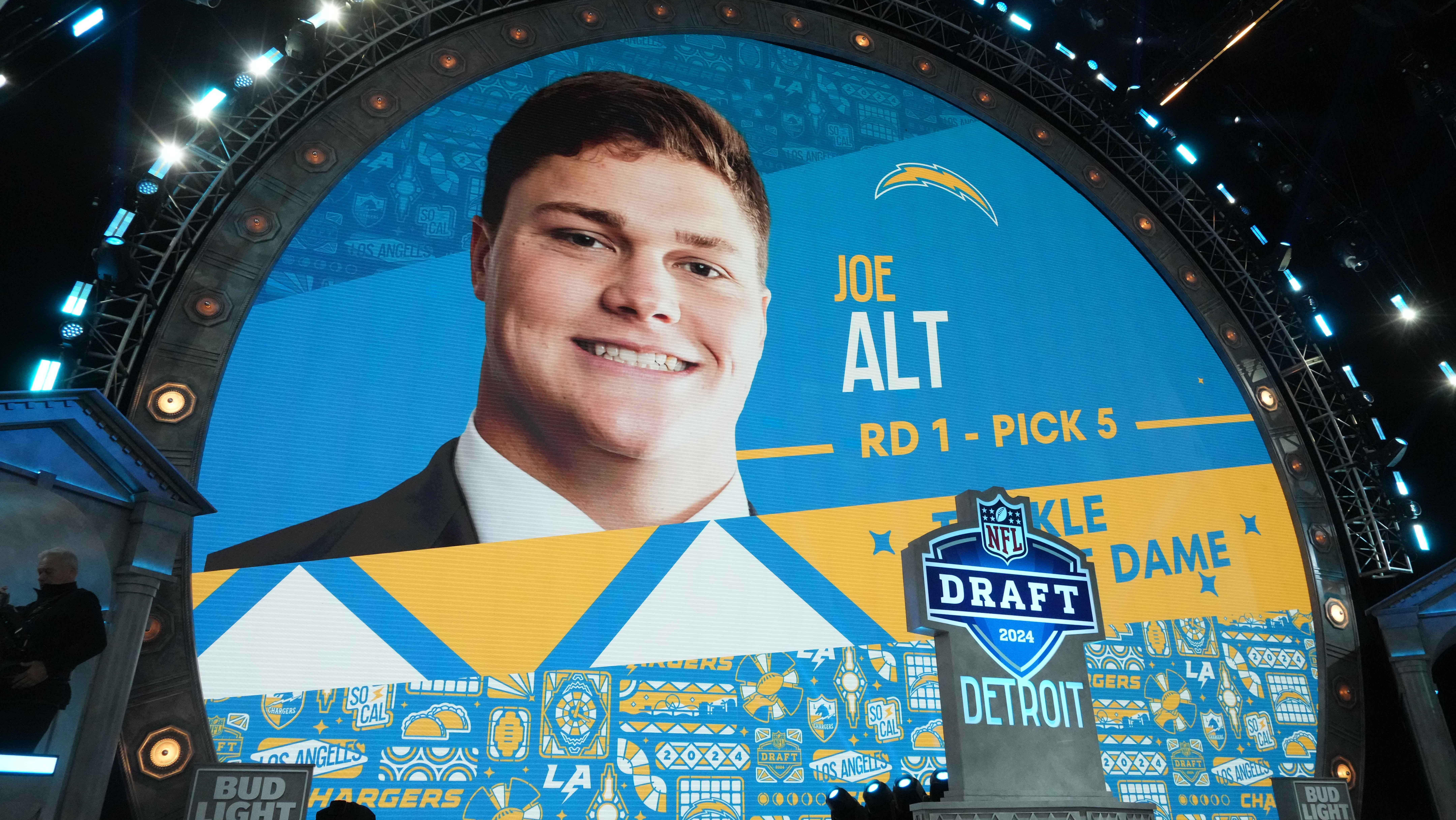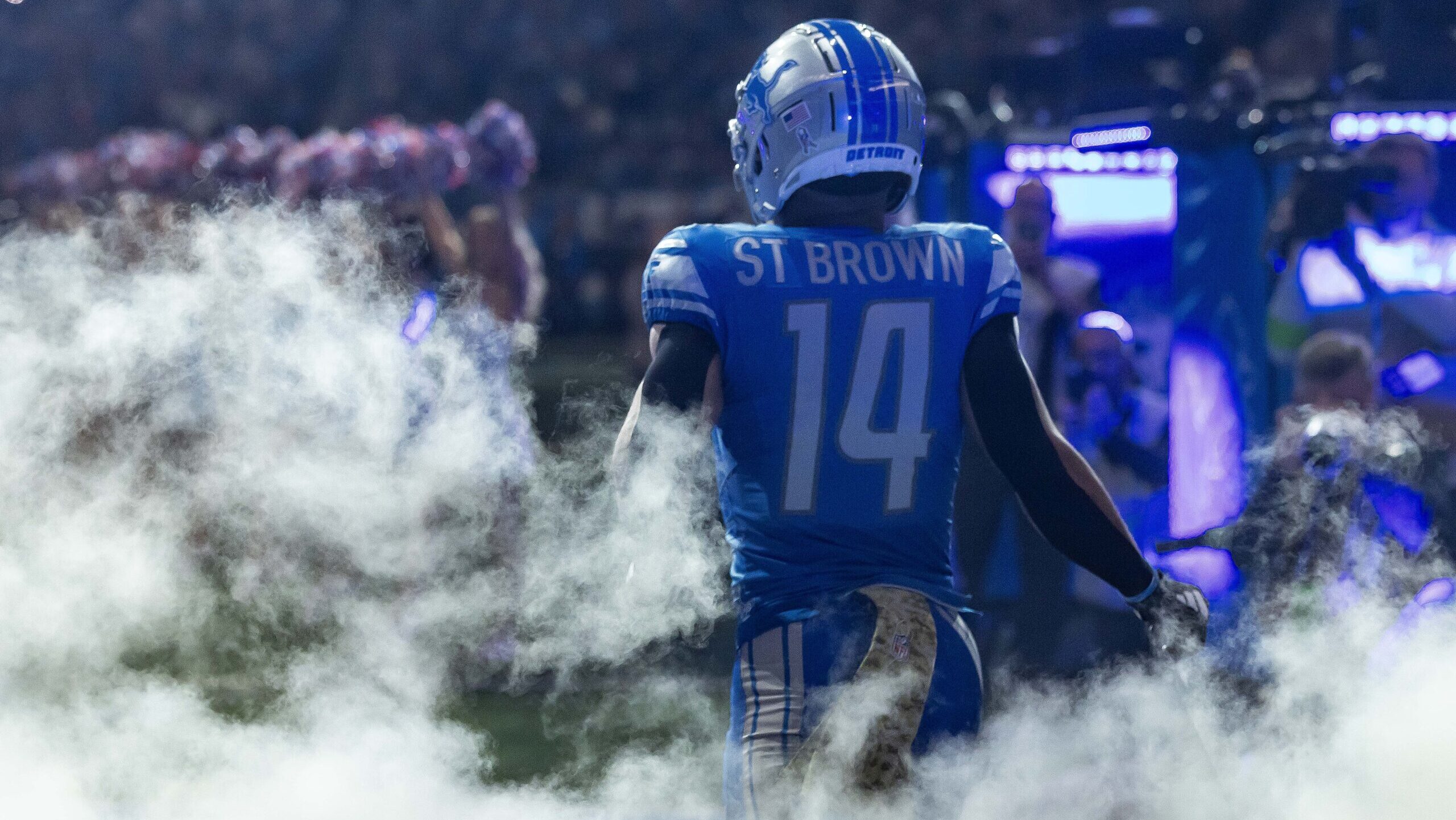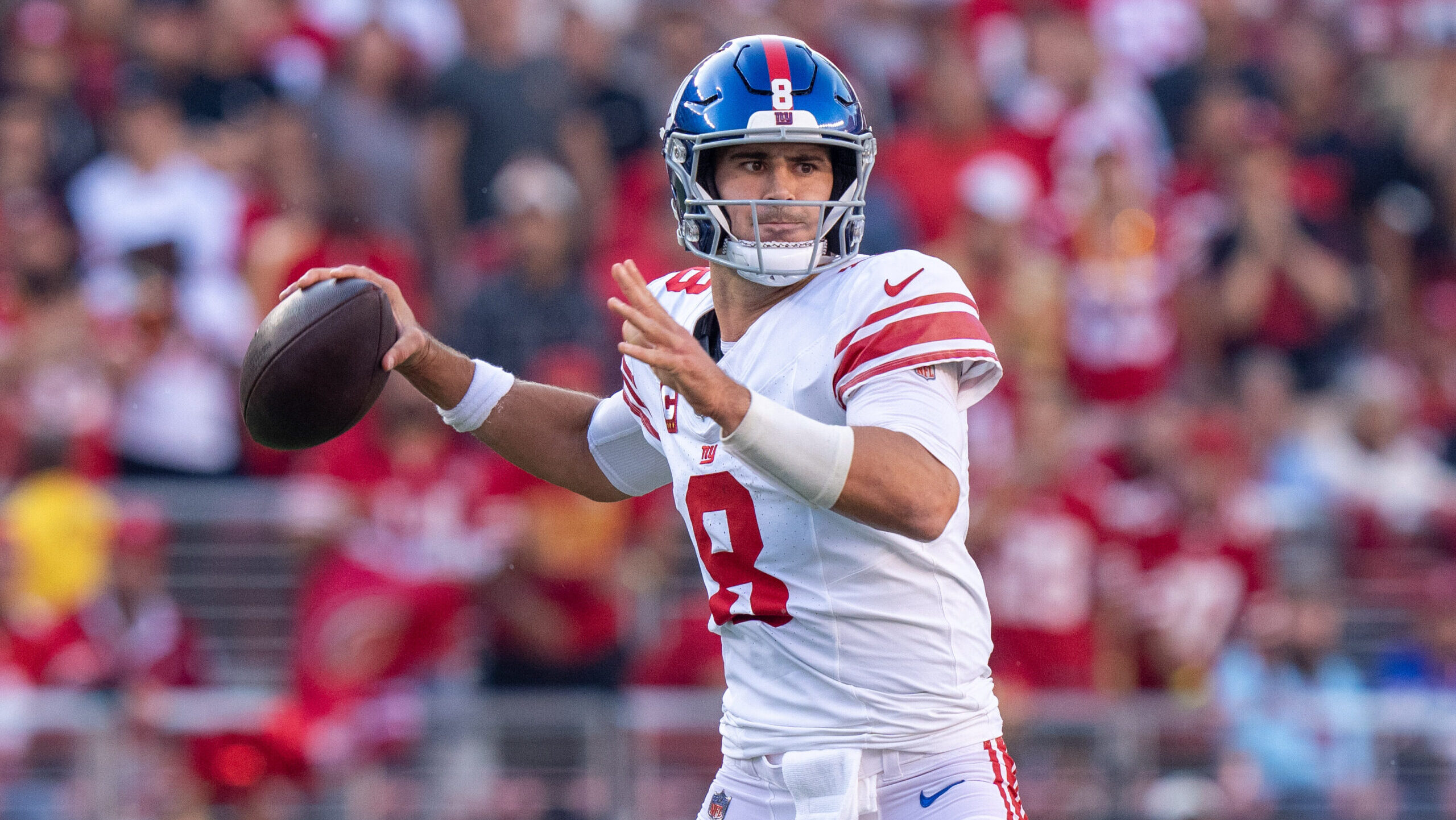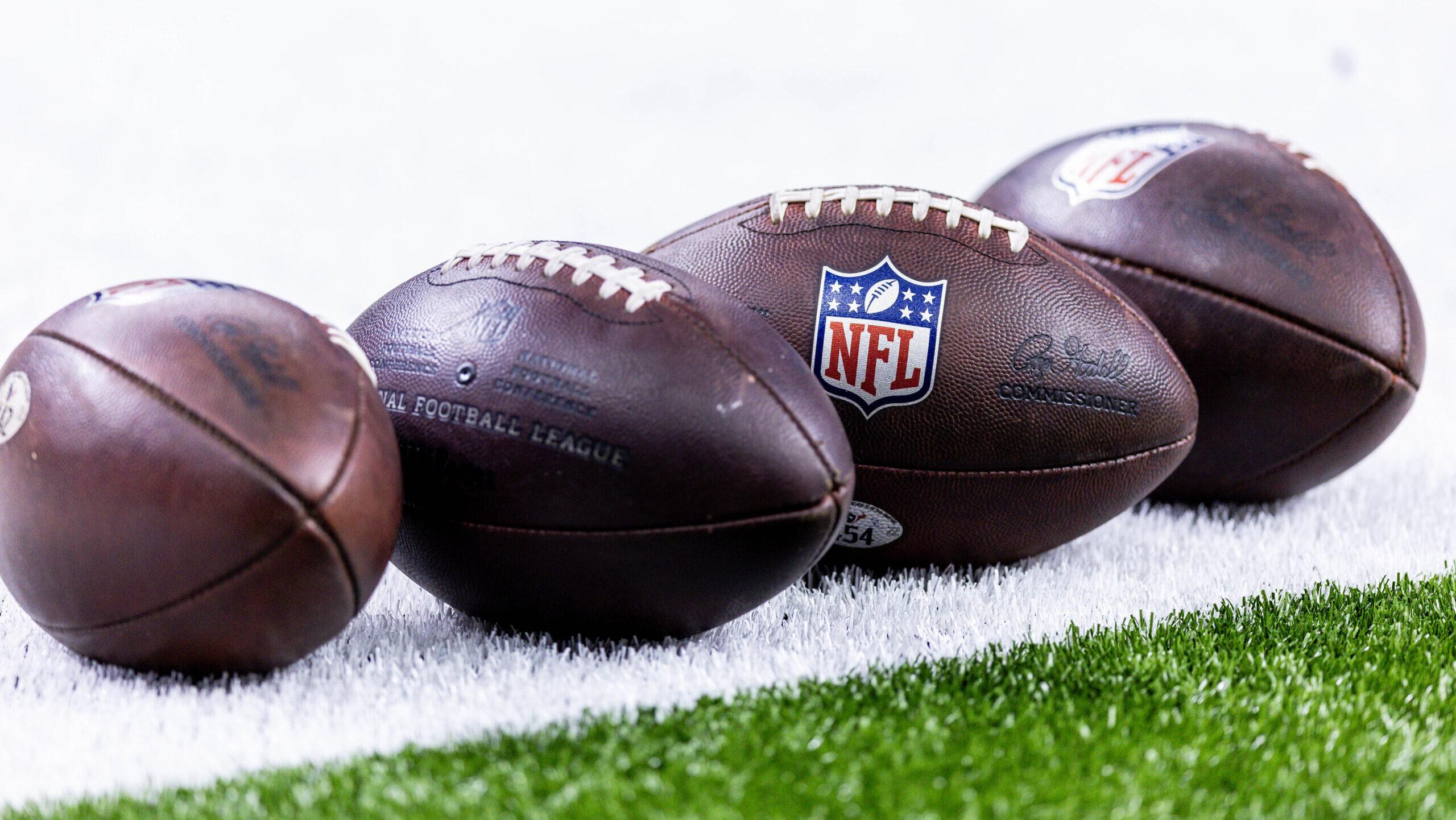Analysis
10/20/23
5 min read
Why NFL Trade Deadline Can Often Be Fool’s Gold

Buyer beware.
The NFL trade deadline is October 31, and based on the trades that have been made so far this season, teams looking to find a difference-maker should keep their expectations low for the return on investment they will get on any deals they make over the next 10 days.
Chase Claypool. Randy Gregory. J.C. Jackson. Mecole Hardman.
All four players were acquired by teams in the past couple of years, either via trade or free agency, and none of them worked out for those teams even a little bit. Things were so bad in each instance that, in the past couple of weeks, their teams swapped late-round picks in 2025 just to get these talented players off their roster.
But how does that happen? How do players who are so gifted that teams either give up premium draft picks or big free agent contracts to get them on their roster end up unproductive with their new teams?
In my experience as a former player and seeing this dynamic play out in person a number of times, there are several reasons why these acquisitions go bad seemingly more often than not, and they should serve as a caution sign to any team thinking a late October trade will get them over the edge.
Here are a few of the most common causes that lead to this dynamic:
Why Trades Often Don't Work Out
Players Lack Incentive
Football is a tough game. Nobody is really ever 100 percent healthy, especially in the meat of the season, which means you need to play and be productive while dealing with some type of ailment. Preparation during the week is critical, whether that’s the mental process of getting ready for the next opponent or the physical process of getting your body right for the next game.
Why do I mention all of that?
Because many times, once a player gets a big contract with life-altering money, their incentive to play through pain or to put in the time during the week to make sure they are good to go isn’t quite the same.
On some level, that’s human nature, right? These young men have achieved their dream of lifelong financial security and are able to take care of their families. Once players feel like they have accomplished that, they sometimes struggle to find a new goal. I once had a coach who said, “You’ve gotta dangle a carrot” for players to do what they need to do to succeed in pro football. What happens once they get the carrot?
Without naming names, I’ve seen this dynamic many times close up, so it is critical for teams to acquire the type of player with far bigger goals than just financial security.
Some Players Are A Bad On-Field Fit
This happens often. A team will see the success or productivity that a player has for another team in a different system and get excited about the possibility of what he could do for them. Unfortunately, sometimes teams don’t really have a good plan for that player once they get him on their roster. I’ve seen situations where it seems like a team didn’t have much of a plan at all and just assumed the player would fit it seamlessly.
More commonly, a team had a vision for a player that didn’t work out. Twice in my career — both times in Washington — the organization brought in an accomplished offensive tackle with the idea that he would be a good starter at offensive guard. It didn’t work in either instance.
In 2002, it was Rod Jones. In 2007, it was Todd Wade. Both players truly gave it everything they could and wanted to do well inside, but their body types, skill set and experience were much better suited for playing on the outside. The players weren’t a good fit, and the only person to blame was the coach or executive with the bad plan for using each player.
The Player Doesn't Fit The Culture
Sometimes, this is a product of a player lacking incentive and thus not working hard or being put in a bad situation for their skill set, as mentioned above. Sometimes, a player just can’t get past the fact that things are different from the environment he came from where he had success.
Often, you can see pretty early whether or not a player will buy into the new organization's culture. If he constantly talks about how it is different from his old team or about how teams do things elsewhere, that is usually a pretty good sign he’s stuck in the past.
I remember one former teammate who spent so much time talking about how great it was to play for his former team that it got legitimately annoying. I’ve seen some of this type of player eventually buy in and get with the program, but more often than not, if they are fighting it early, it’s not a great sign.
Does that mean your team shouldn’t try to add any pieces before the trade deadline? Absolutely not. Assets can be acquired from teams such as the Denver Broncos and Minnesota Vikings that will help get your team over the hump. But trades are at least as likely not to work out as they are to do so, especially when getting a player in the middle of the season like this, which creates unique challenges in its own right.
Ross Tucker is a former NFL offensive lineman who played seven seasons for the Cowboys, Bills, Patriots and Washington after graduating from Princeton University in 2001. He works as a color commentator for both CBS Sports and Westwood One in addition to hosting a number of podcasts, including the popular Ross Tucker Football Podcast. You can follow him on Twitter @RossTuckerNFL.








